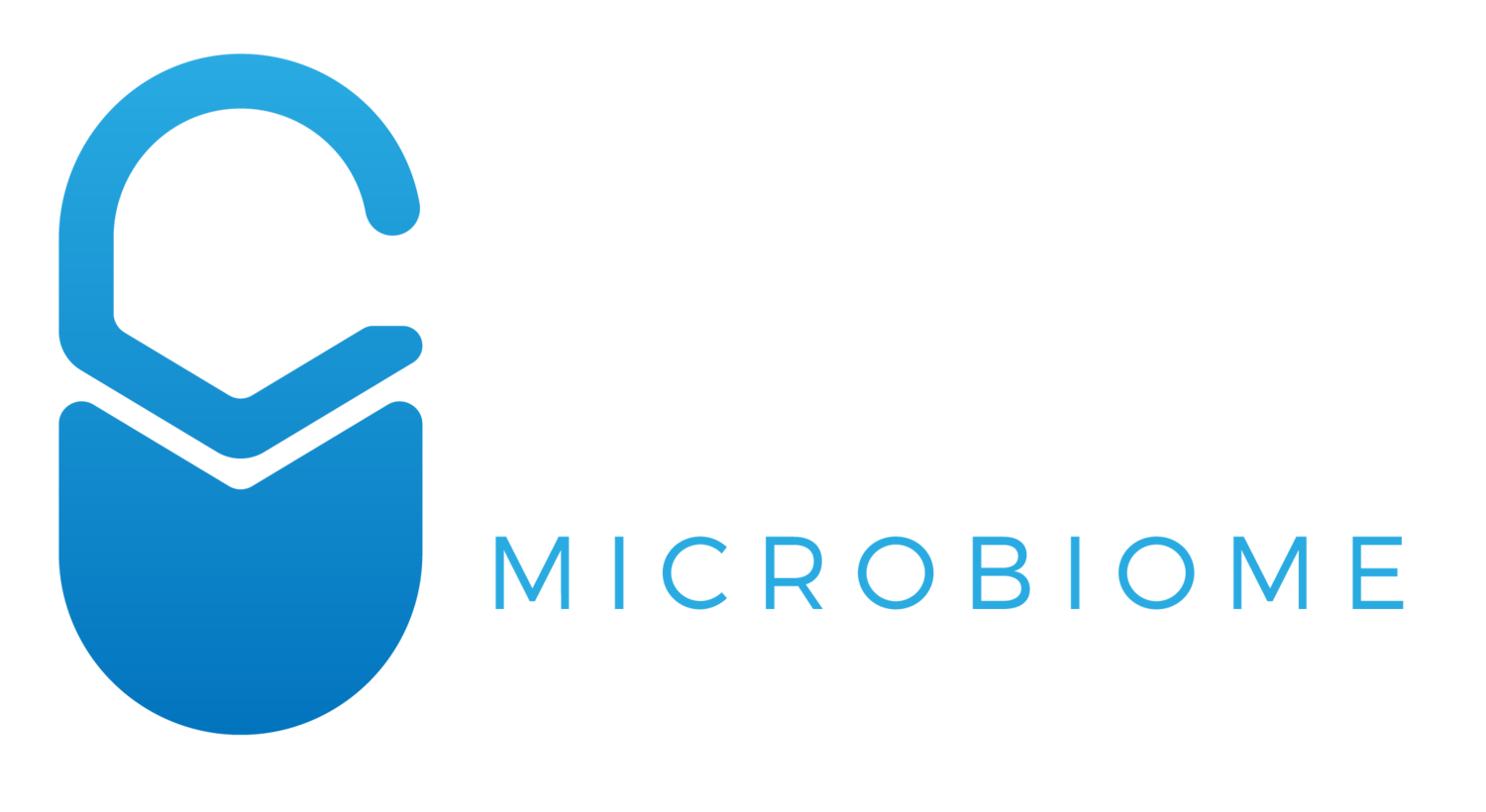Oral Microbiome DNA Sequencing Reveals Intriguing Findings at the World's Strongest Man Competition in Myrtle Beach, South Carolina.
A groundbreaking study centered around competitors of the 2023 World’s Strongest Man competition has uncovered remarkable insights into the oral microbiome's potential influence on athletic performance. Spearheaded by a leading team of biotechnologists and sports scientists, DNA sequencing of participants’ oral microbiomes was executed before, during, and after the event.
Key findings reveal high levels of the bacteria Veillonella atypica present in athletes who had competed just two weeks prior at Europe's Strongest Man competition. Notably, this bacteria has been loosely connected in past studies to enhanced muscle recovery and lactic acid processing, suggesting a potential correlation between recent competitions and microbiome composition.
In addition, the DNA sequencing unveiled strains of Bifidobacterium potentially associated with performance under high-pressure situations. Although the exact mechanisms are yet to be elucidated, these strains might hold the key to understanding how certain athletes thrive under the immense pressure of top-tier competitions. Anders Corbett, the study's principal investigator, expressed his excitement: "It’s astonishing to consider that beyond rigorous training and diet, the microbes residing in an athlete’s mouth could play a crucial role in their success or setbacks. This opens a promising avenue for exploring microbial supplementation or intervention in the future of sports science.”
While the initial results are promising, the team emphasizes that further research is essential to draw definitive conclusions and fully understand the complexities of the oral microbiome's interplay with athletic performance.
The World’s Strongest Man competition, known for showcasing physical extremes, may now also be recognized as a platform that propels forward our understanding of the hidden, microbial factors influencing our bodily functions. As science continues to probe deeper into the human microbiome, we edge closer to harnessing its potential, leading to more informed training regimens, dietary interventions, and even athletic performance enhancements.
About the Research Team:
Comprising eminent biotechnologists, microbiologists, and sports scientists, the research group is dedicated to unraveling the intricate connections between the human microbiome and athletic performance. This project was funded in part by Craft Microbiome, Endeavor Talent Agency and Oxford Nanopore and findings will soon be published.

